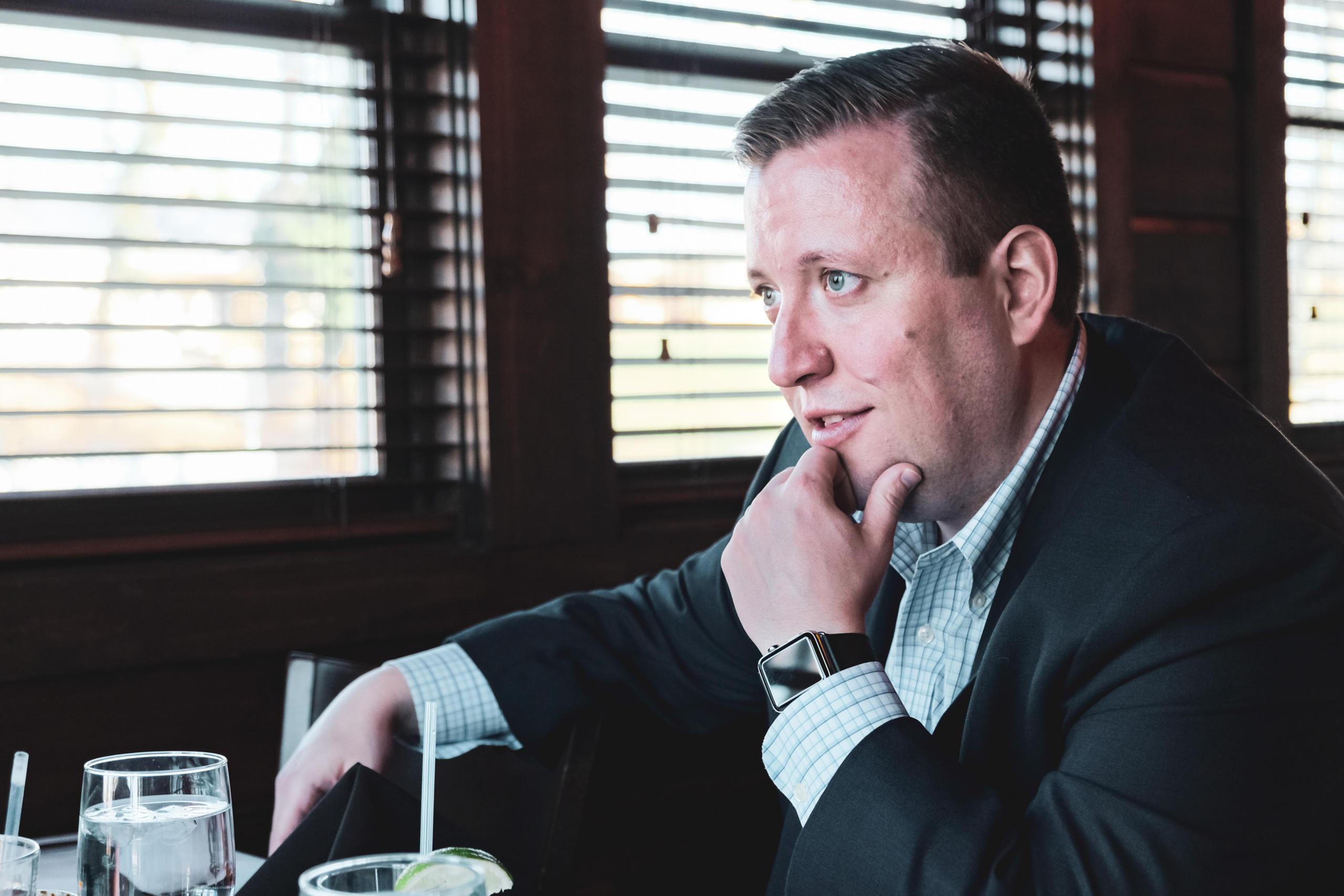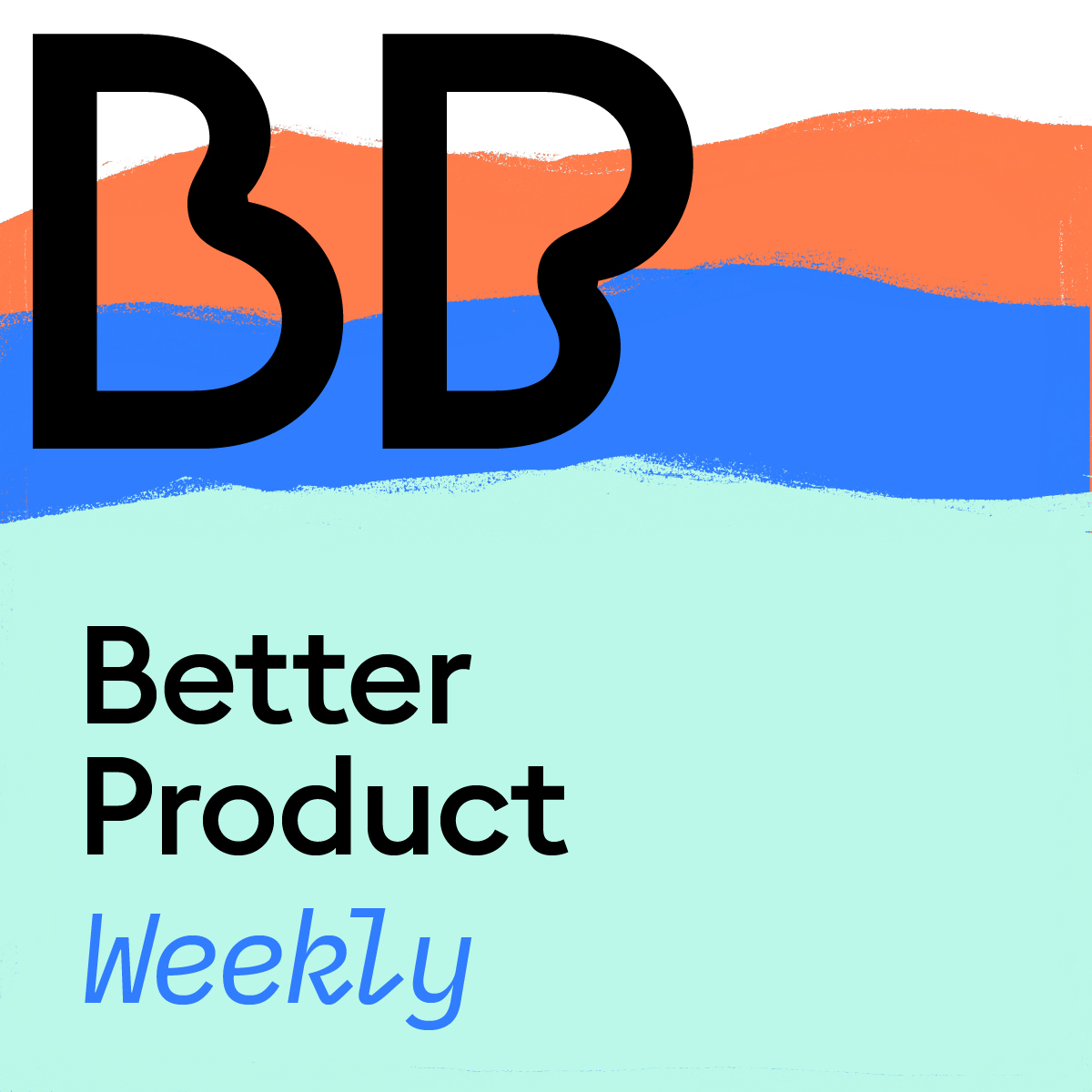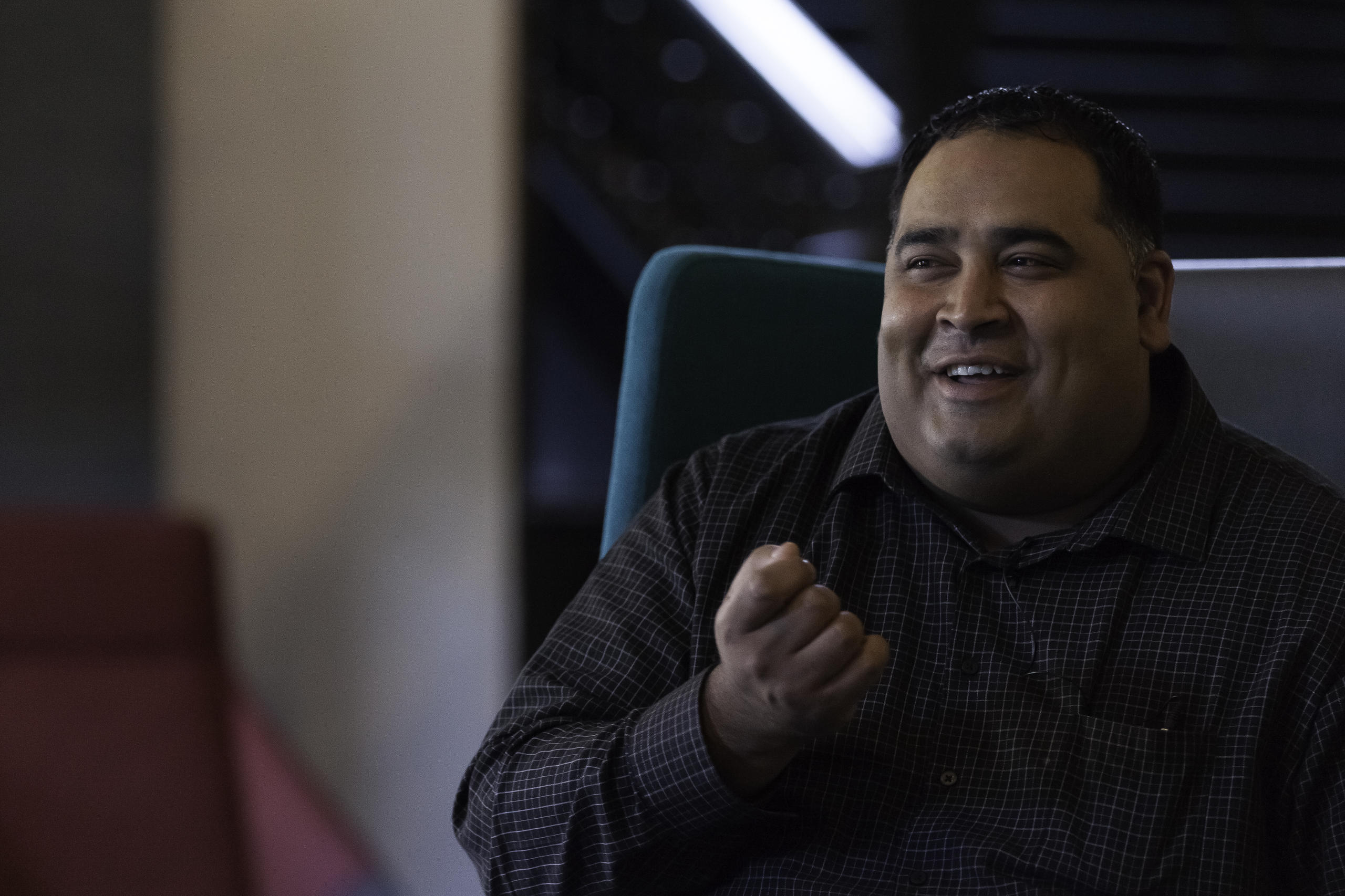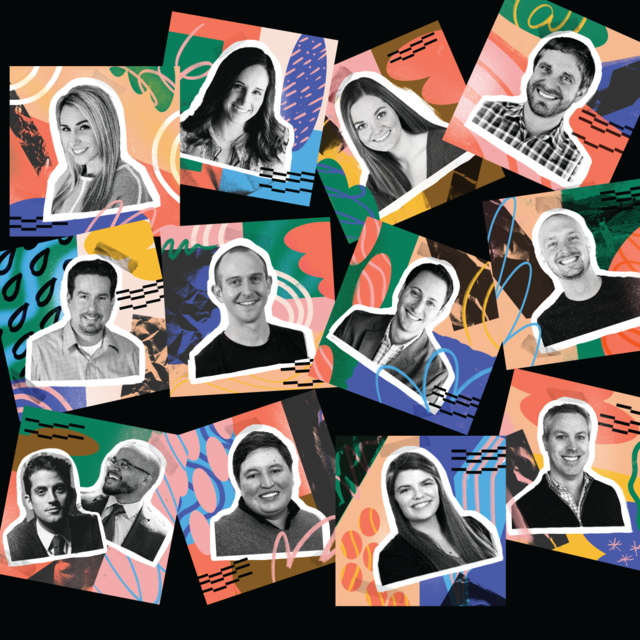
Better Product Weekly: Innovating within an Industry in the Midst of Chaos with Chris Rose

In this episode of Better Product Weekly, Christian and Anna sat down with Chris Rose, Co-Founder and VP Product at Abre.io, to discuss the disruption facing education.
Product professionals are often future-oriented, looking for ways to innovate product, design, and user experience. In the education space, those future-looking opportunities quickly moved to address immediate needs for teachers and students. Yet, Chris and the team at Abre.io found the balance between reactive and proactive by looking at how to serve customers today while innovating for tomorrow’s classroom.
Hear Chris’ story and what the future of education could look like. And as always, if you’re looking for more opportunities to learn from product leaders join our growing product community.



